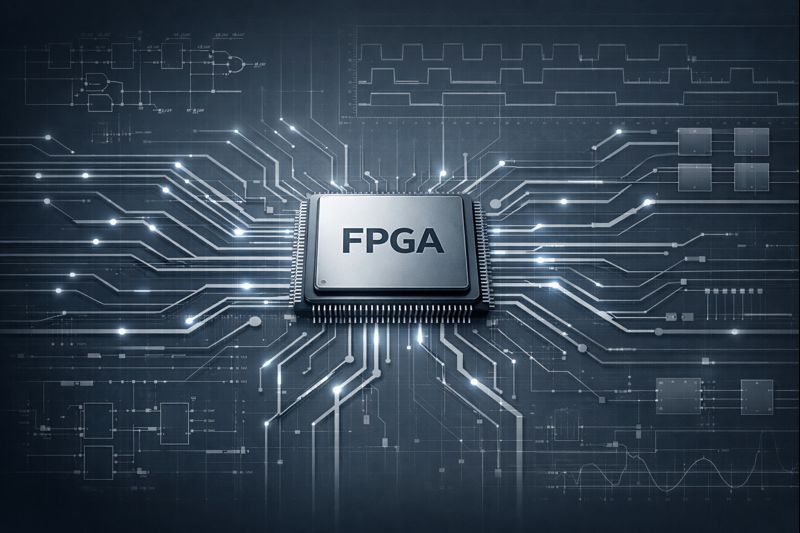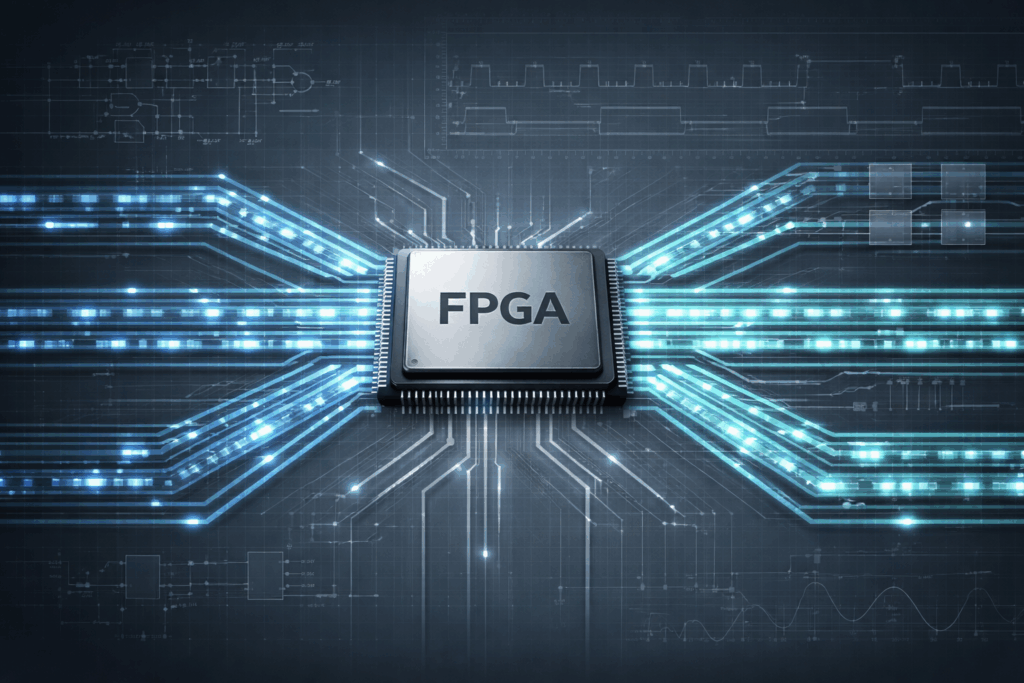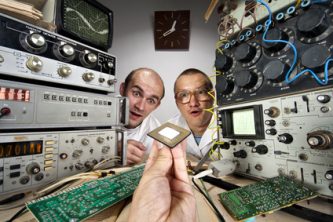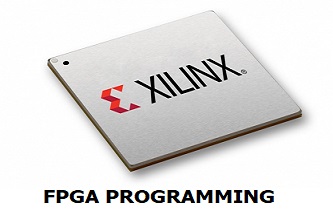Microchip Acquires Neuronix AI Labs for Enhanced Neural Network Capabilities
Neuronix AI Labs, a leading provider of neural network sparsity optimization technology, has recently been acquired by Microchip. This innovative technology allows for a significant reduction in power consumption, size, and computational requirements for tasks such as image classification, object detection, and semantic segmentation, all while maintaining high accuracy.
Microchip, known for its mid-range PolarFire® FPGAs and SoCs that excel in low power consumption, reliability, and security features, is now poised to further enhance its offerings with the integration of Neuronix's technology. This acquisition will enable Microchip to develop cost-effective, large-scale edge deployments of components tailored for computer-vision applications, particularly on systems with size, cost, and power constraints.
According to Bruce Weyer, corporate vice president of Microchip’s FPGA business unit, "The acquisition will enhance our power efficiency for FPGAs and SoCs deployed in intelligent edge systems that utilize AI/ML algorithms. The combination of Neuronix technology with our VectorBlox™ design flow will significantly boost neural network performance efficiency and deliver exceptional GOPS/watt performance in our low-power PolarFire FPGAs and SoCs."
One of the key advantages of Neuronix's neural network sparsity optimization technology is its accessibility to non-FPGA designers. By leveraging industry-standard AI frameworks, designers can tap into powerful parallel processing capabilities without the need for extensive FPGA design knowledge. This integration simplifies the implementation of AI/ML algorithms on customizable FPGA logic, eliminating the requirement for deep expertise in resistor-transition level (RTL) or FPGA fabric.
Yaron Raz, CEO of Neuronix AI Labs, expressed excitement about the acquisition, stating, "Neuronix AI Labs has been dedicated to developing cutting-edge neural network acceleration architectures and algorithms that redefine expectations in terms of size, power, performance, and cost. Joining forces with Microchip provides us with a unique opportunity to scale our innovations and align with an FPGA portfolio that has established industry benchmarks for power efficiency."











